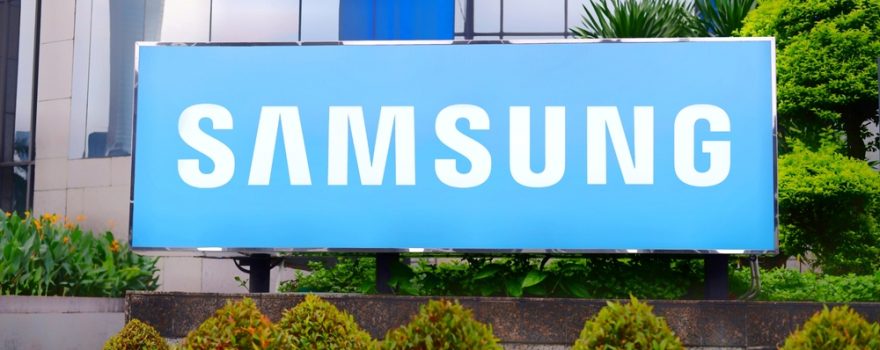
Samsung Group has announced that executives will now work six days a week, starting this week, as the conglomerate moves into “emergency mode” to address a myriad of business challenges. This decision comes in response to the sharp depreciation of the Korean won, rising oil prices, and high borrowing costs, all contributing to business uncertainty. This shift also follows Samsung’s disappointing financial results in 2023, when some of its major business units, including Samsung Electronics, failed to meet expectations.
Samsung Electronics Co. executives, encompassing heads of production and sales units, will be required to work either Saturday or Sunday, in addition to the regular five-day workweek. The extra day will be dedicated to reviewing business strategies and adapting to a rapidly changing environment characterized by escalating geopolitical risks due to the prolonged Russia-Ukraine conflict and increasing tensions in the Middle East.
“Given the subpar performance of our key divisions in 2023, we’ve introduced a six-day workweek for executives to instill a sense of urgency and drive efforts to navigate through this crisis,” a Samsung Group executive explained. This approach has already been adopted by other Samsung subsidiaries, including Samsung Display Co., Samsung Electro-Mechanics Co., and Samsung SDS Co., with Samsung Life Insurance Co. and other financial units likely to follow suit.
However, non-executive employees will continue with the standard five-day workweek, a policy that Samsung introduced back in 2003. This strategic shift underscores the conglomerate’s commitment to regaining its market momentum amid a challenging economic landscape.
Samsung Electronics, which posted a staggering 15 trillion won ($11 billion) operating loss in 2023 in its core semiconductor business, faces additional headwinds from the volatile global market. The recent drop in the Korean won and rising oil prices have further complicated the company’s path to recovery.
Source: Korea Economic Daily Global




